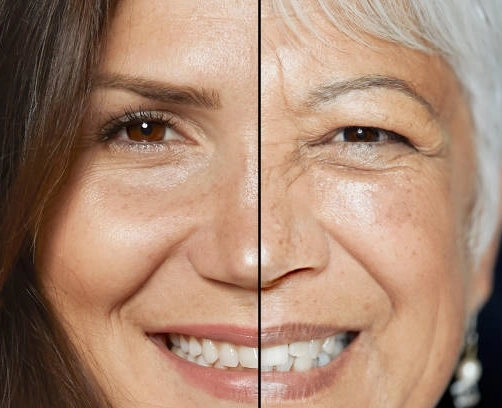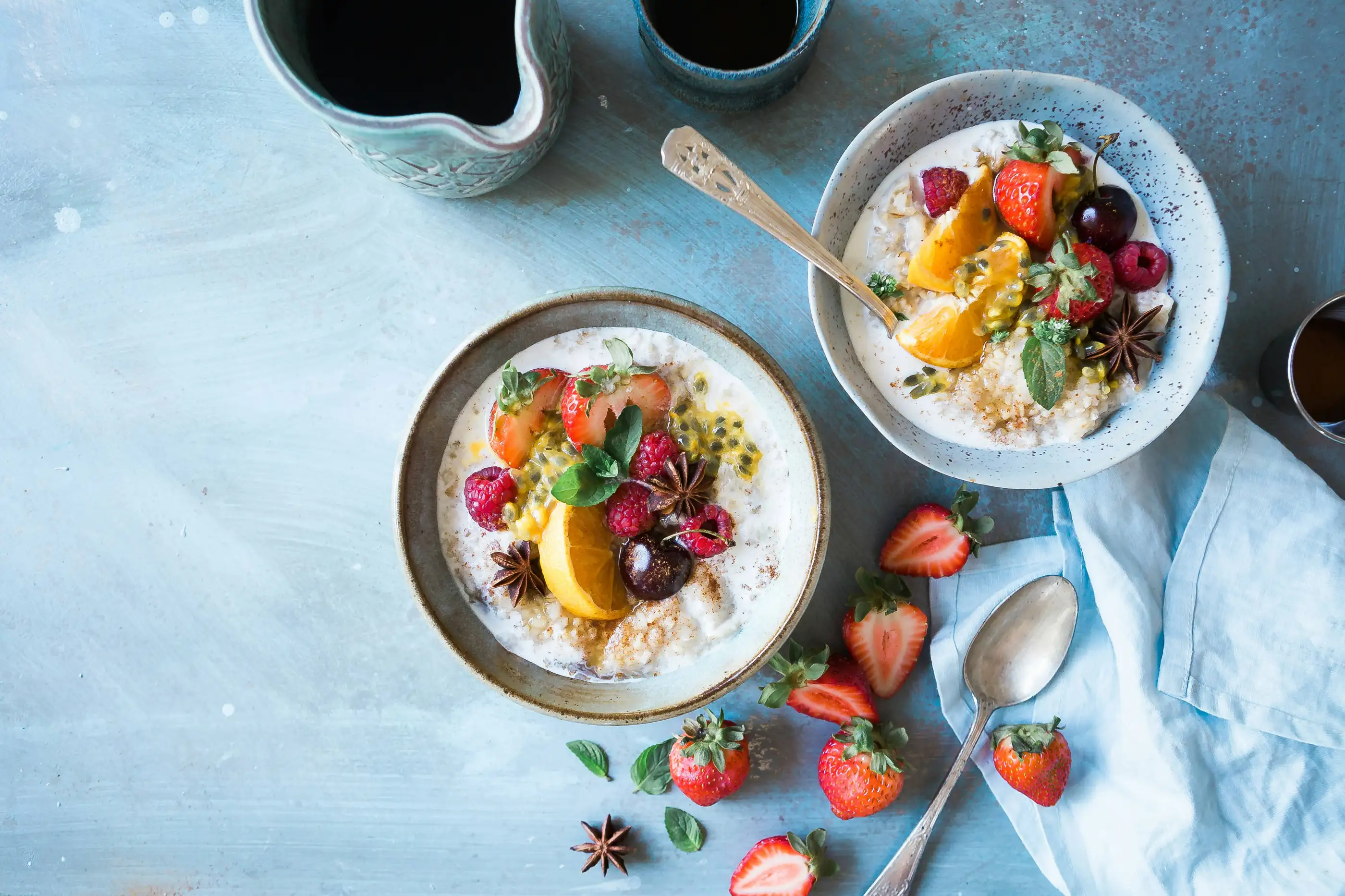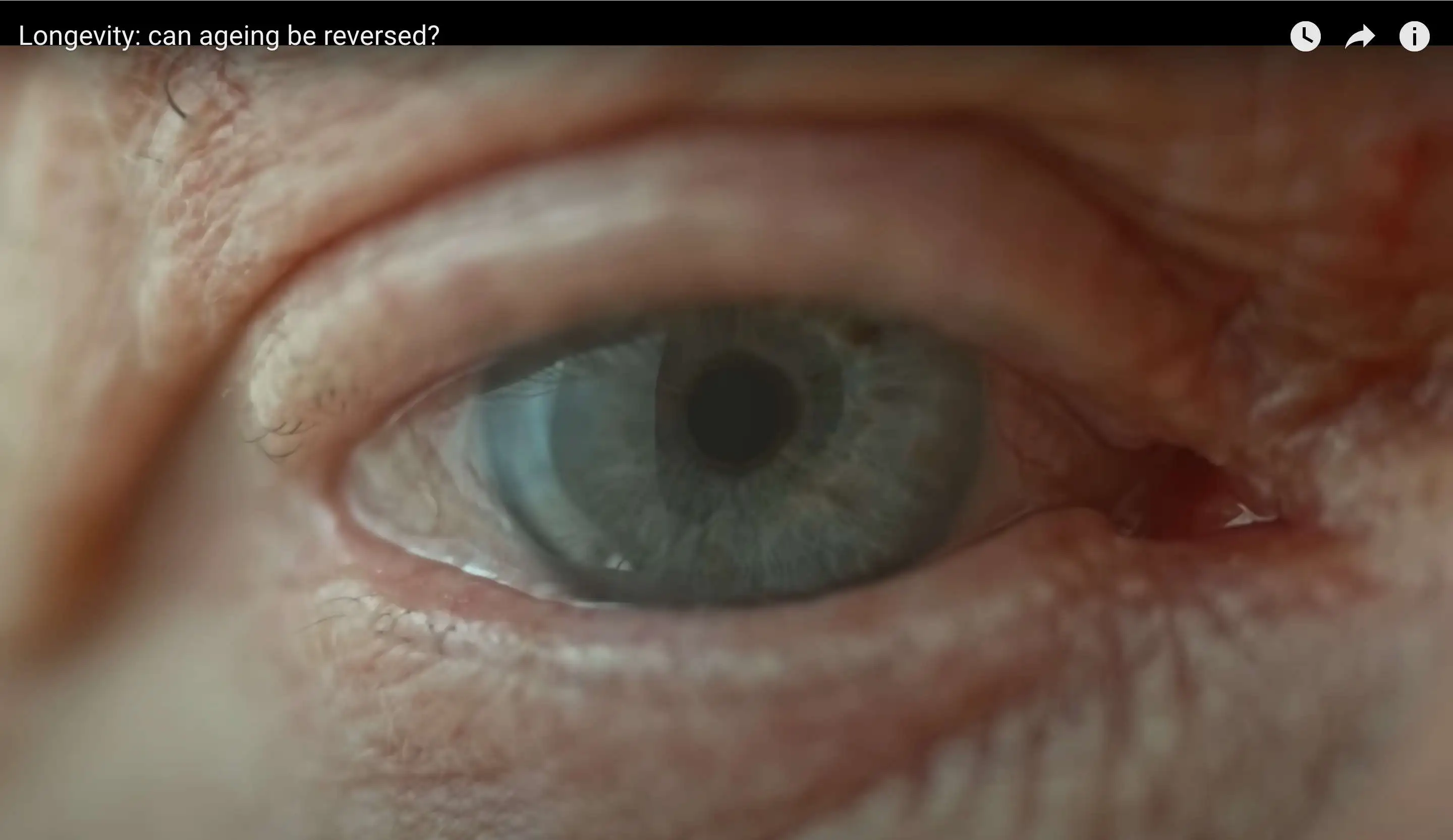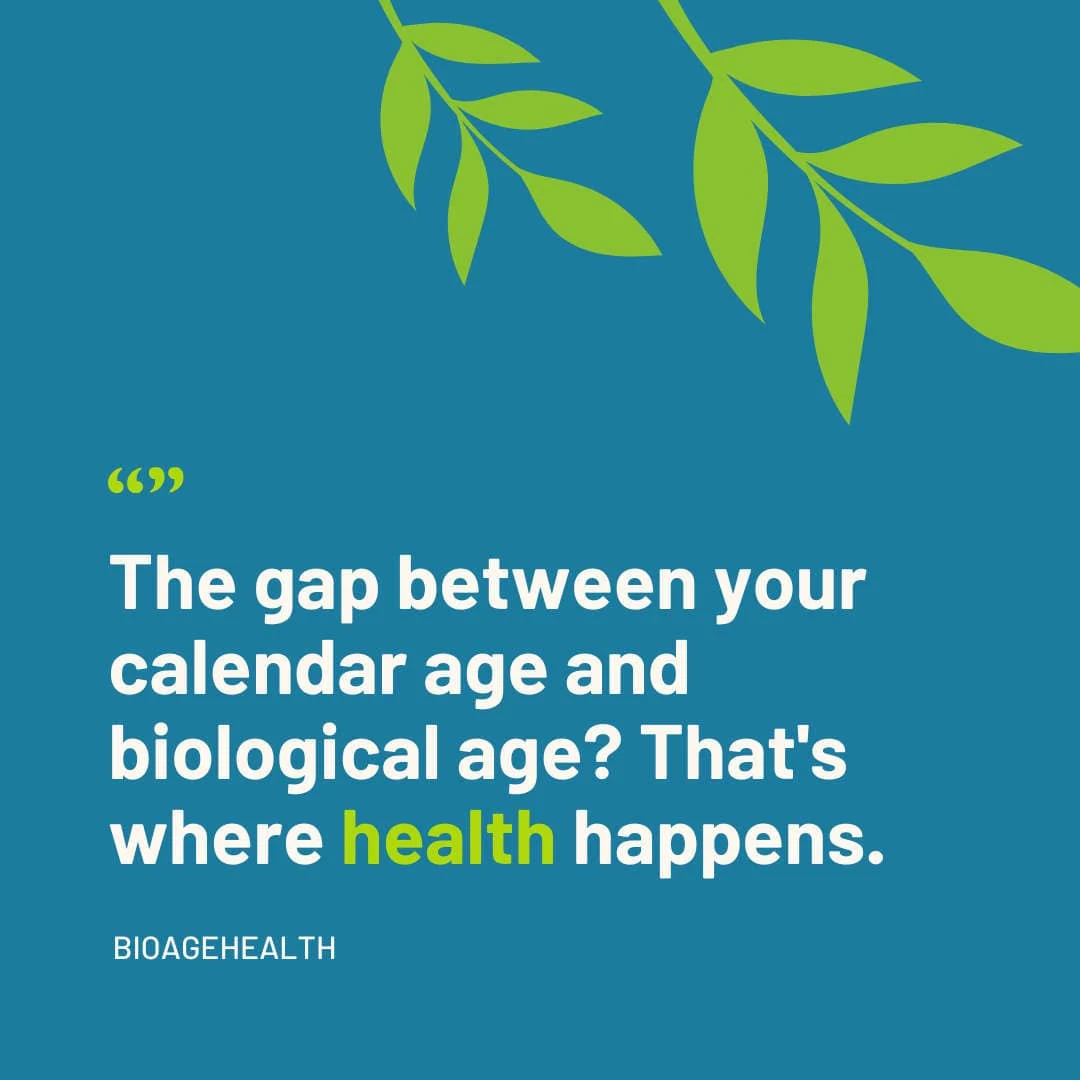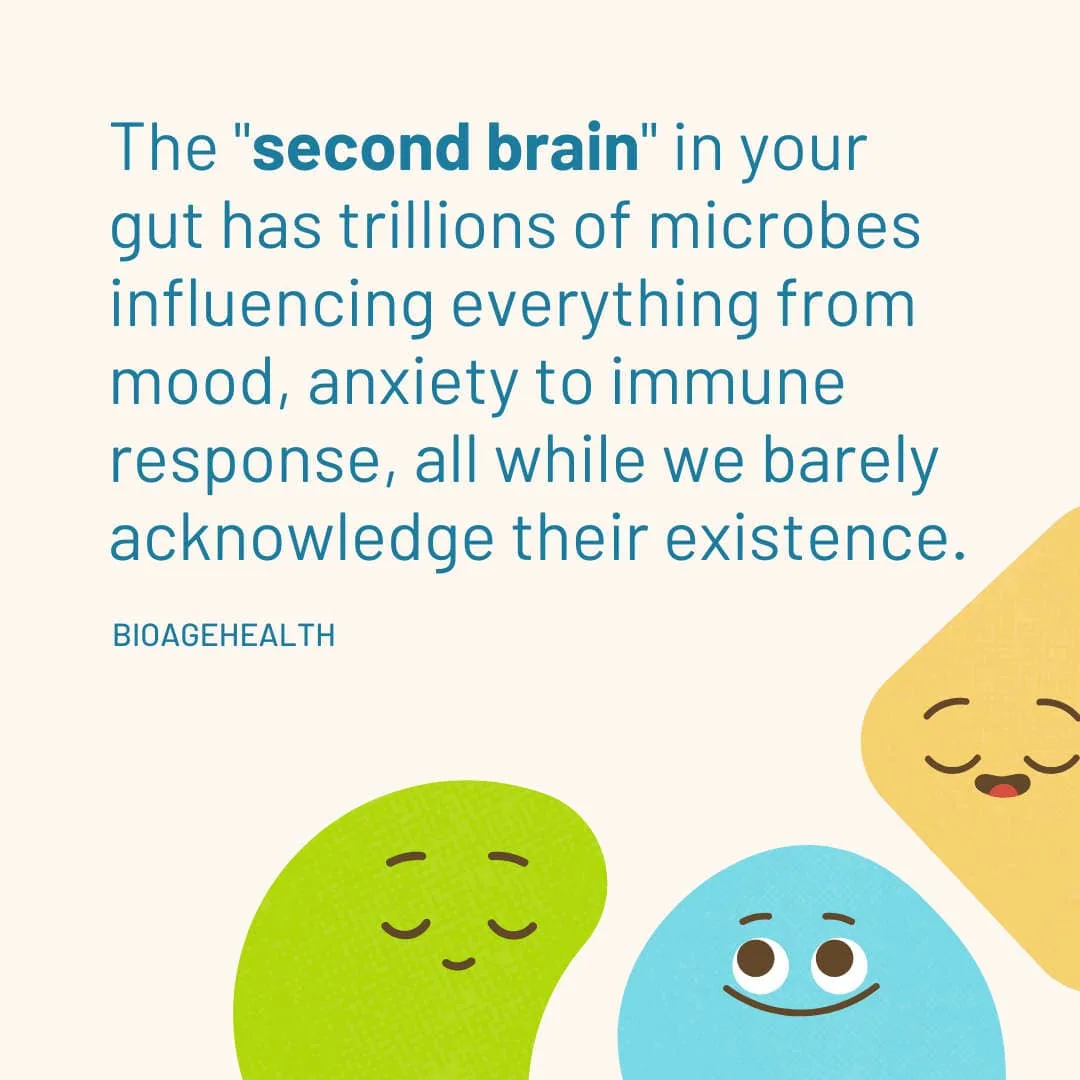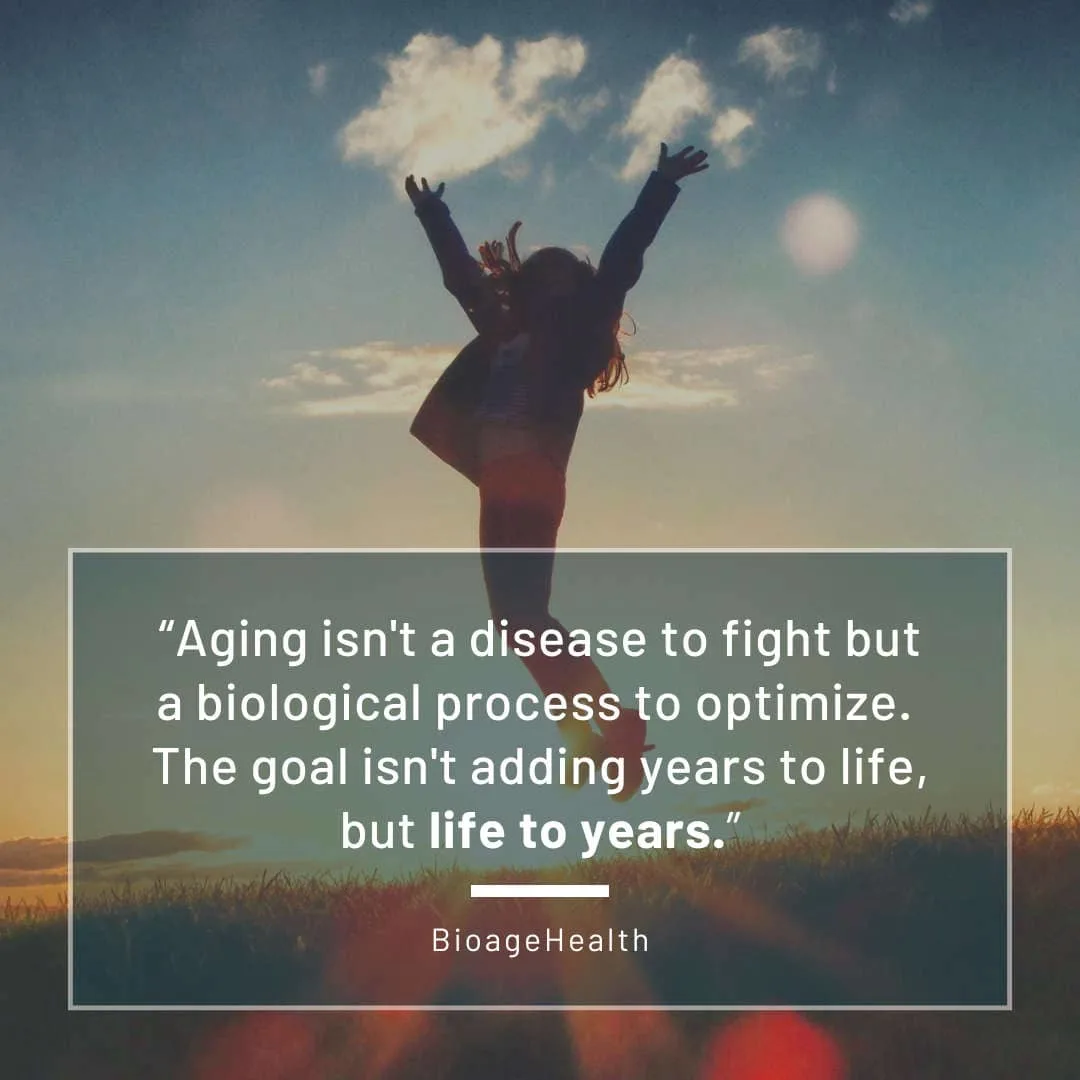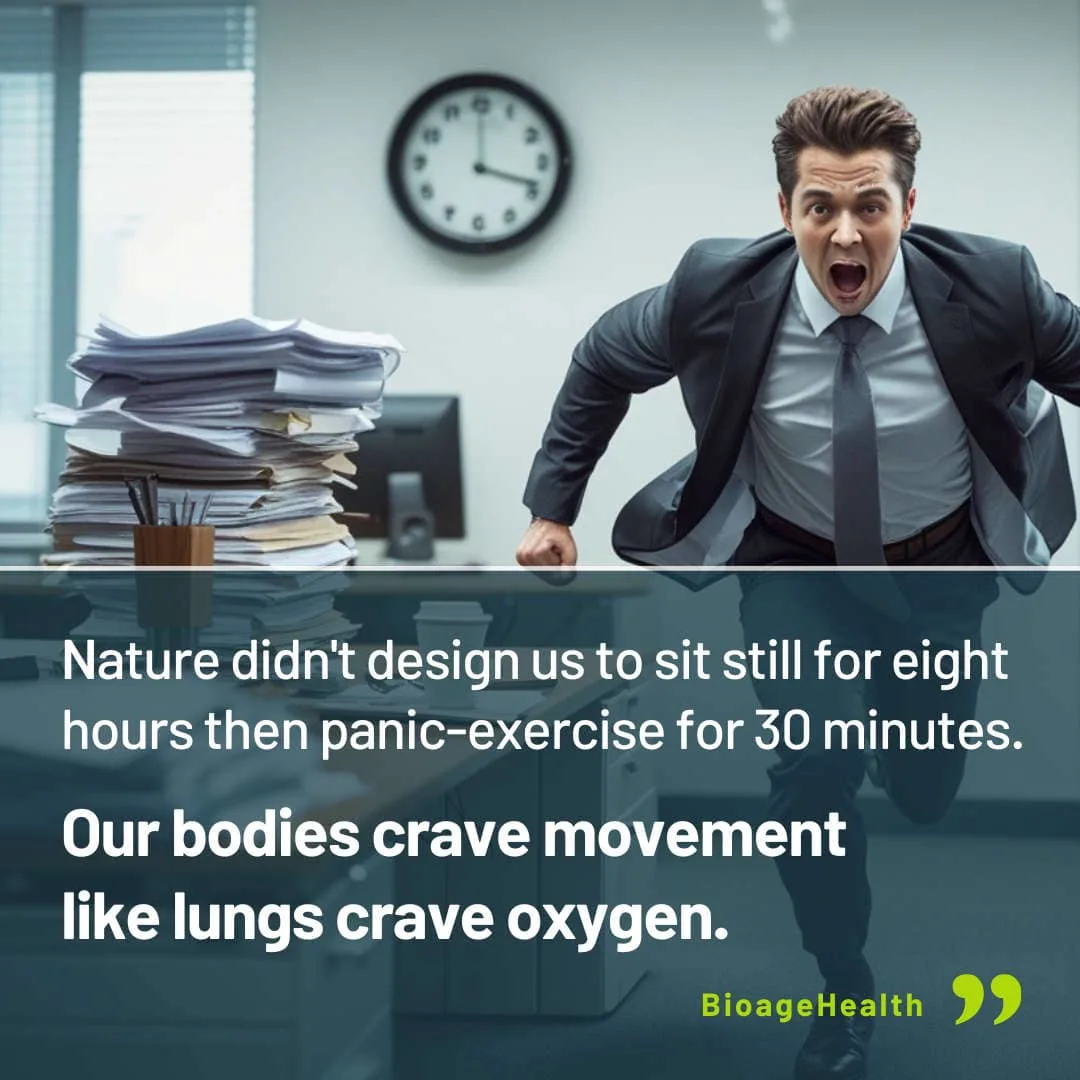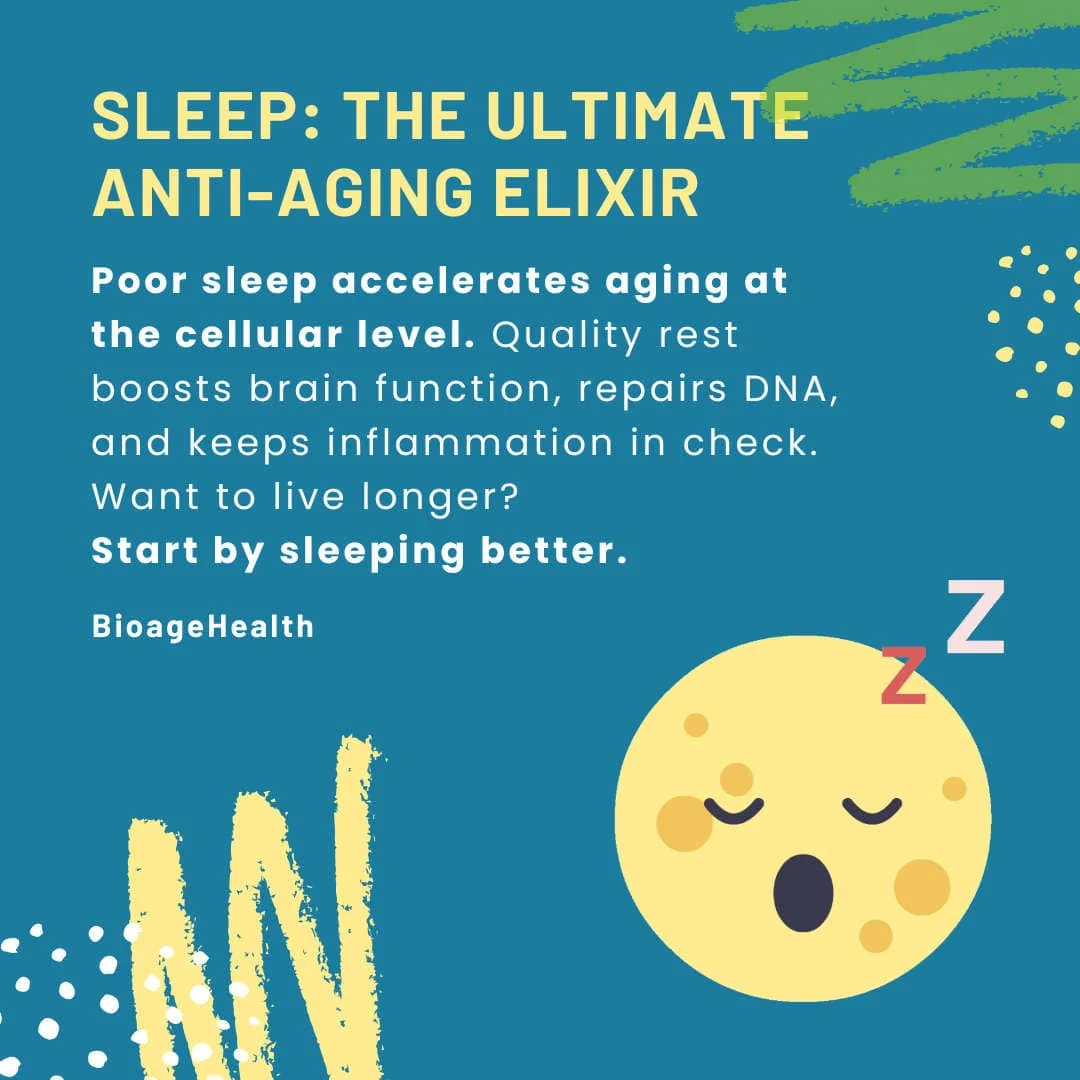‘Bridging the gap between lab coats and living rooms'
The promise of health tracking is intoxicating, isn't it? These sleek devices whisper sweet nothings about taking control of your health, about finally knowing what's happening inside your body.
The Apple Watch doesn't just tell time, it monitors your heart rate, tracks your sleep, measures your blood oxygen, and can even detect atrial fibrillation. The Oura ring sits discreetly on your finger, collecting data about your body temperature, heart rate variability, and sleep stages. Some devices now offer AI-powered health coaches that nudge you towards better choices throughout the day.
The global wearable technology market is worth over £20 billion, and for good reason. We're living through what feels like an epidemic of chronic illness, diabetes, heart disease, obesity rates that would make our grandparents weep. Meanwhile, our healthcare system is stretched thinner than a communion wafer, with many of us lucky to get fifteen minutes with a GP once a year.
Into this void steps the fitness tracker, promising to democratise health monitoring. “You are the primary person in charge of understanding your body,” declares Dr Casey Means, co-founder of the metabolic health company Levels. The subtext is clear: don't wait for the system to fail you, take control now. And there's real science backing up some of these claims.
A comprehensive review in The Lancet found that people wearing fitness trackers walked an extra 40 minutes per day, about 1,800 additional steps. That's not nothing. Regular physical activity reduces the risk of cardiovascular disease, type 2 diabetes, and premature death. If a device on your wrist can nudge you towards more movement, brilliant. But here's where things get complicated.
During my almost a year dive into the world of health tracking, I became intimately familiar with what I now think of as "the anxiety of the algorithm." My Fitbit would buzz to remind me I hadn't walked enough steps. My glucose monitor would send push notifications every time I ate something that caused a blood sugar spike, which is to say, every time I ate. My sleep tracker would inform me that I'd only achieved 68% sleep efficiency, leaving me to wonder what the other 32% of my time in bed was supposedly wasted on.
The data was relentless. Heart rate variability scores. Recovery percentages. Readiness ratings. Metabolic insights. I was drowning in metrics that I’m sure not everyone fully understands, generated by algorithms optimised for engagement rather than wellbeing.
Here's what the wellness industry doesn't want you to know: most of this data is profoundly meaningless without context. Heart rate variability, one of the most important metrics used in these scoring systems, can be influenced by everything from the previous night's wine to how stressed you are about work to whether you're fighting off a cold. The "normal" ranges are so broad as to be nearly useless, and the accuracy of wearable devices in measuring these parameters is questionable at best.
This is the paradox of health tracking: devices that are supposed to make us healthier are often making us more anxious. Instead of tuning into our bodies, we're tuning into our devices.
Instead of asking "How do I feel?" we're asking "What's my score?”
The most insidious aspect of this technology isn't the data collection, it's the behaviour modification. Within a week of starting continuous glucose monitoring, I found myself developing what I can only describe as disordered eating patterns. I'd shovel nuts into my mouth before meals to "preload" with protein. I'd skip lunch entirely to avoid the stress of seeing my blood sugar spike. I once ate an entire mixing bowl of romaine lettuce to "balance out" a single slice of pizza. I drew the line a while after I started photographing every meal for an AI nutrition app. "You're taking pictures of your food like it's a bloody Instagram influencer," I thought to myself. "When did eating become a performance?"
That's the question, isn't it? When did the simple act of nourishing our bodies become a scored performance, complete with metrics and ratings and AI-generated feedback? The research on this is troubling. A growing body of evidence suggests that constant health monitoring can trigger orthorexia - an unhealthy obsession with eating "perfectly" or exercising "optimally". The very tools designed to improve our health can become instruments of self-punishment.
However, here's the thing: I don't think fitness trackers are inherently evil. Like most tools, they can be helpful or harmful depending on how we use them.
The problem isn't the technology itself, it's our relationship with it.
Some of you reading this will have found genuine benefit from fitness tracking. Perhaps a simple step counter motivated you to take evening walks. Maybe tracking your sleep helped you realise that alcohol or the afternoon coffee was disrupting your rest. These are valid, meaningful improvements. The issue arises when we mistake the map for the territory, when we confuse the data about our health with our actual health. Your body is not a machine to be optimised. It's not a computer running diagnostics. It's a living, breathing, beautifully complex system that has been keeping you alive without any conscious input from you since before you were born.
Your body knows when you're hungry. It knows when you're tired. It knows when you need to move and when you need to rest. These internal signals have been refined over millions of years of evolution. They're clearly more sophisticated than an algorithm designed by a twenty something programmer in Silicon Valley.
So what's the answer? I don't think it's to throw all wearable technology in the bin (though if that's what works for you, more power to you). Instead, I think we need to develop what I call ”data literacy” - the ability to consume health information without being consumed by it.
Here's what I've learned works:
- Set boundaries. Turn off notifications. You don't need to know your heart rate every five minutes. Check your data once a day at most, preferably not first thing in the morning.
- Focus on trends not daily fluctuations. Your sleep score might vary by 20 points from one night to the next without any meaningful change in how you feel. Look at patterns over weeks, not days.
- Remember that you are the expert on your own body. If your tracker says you had terrible sleep but you feel refreshed, trust your experience. If it says you're recovered but you feel knackered, listen to your body.
- Use the data to ask questions, not to provide answers. "I notice my sleep quality was lower this week, I wonder if that's related to the stress at work?" Rather than: "My sleep score was 67%, therefore I had bad sleep."
- Take regular breaks. I now do what I call "analog weekends", no fitness tracking, no health apps, just listening to my body. It's remarkably freeing.
The most successful health tracking I've seen comes from people who use these devices as training wheels rather than permanent fixtures. They might track their steps for a few months to get a sense of their baseline activity level, then gradually rely more on internal cues. They might monitor their sleep for a period to identify patterns, then trust their body's signals about rest and recovery.
This is health tracking as education rather than surveillance. It's using technology to become more attuned to your body's signals, not to replace them. The goal isn't to achieve perfect metrics, it's to feel better, to have more energy, to live more fully. Sometimes that means walking 12,000 steps. Sometimes that means walking 3,000 steps and having a lovely rest. Sometimes that means eating the birthday cake and enjoying every bloody bite.
Your health is not a score. It's not a number or a percentage. It's the sum total of how you feel, how you move through the world, how you connect with others, how you sleep, how you laugh, how you love.
If you're currently wearing a fitness tracker, I'm not suggesting you bin it. But I am suggesting you remember who's in charge. You are not optimising a machine, you're nurturing a life. The difference matters more than any algorithm will ever understand. And if you find yourself photographing your breakfast or feeling anxious about your sleep score, perhaps it's time to take the tracker off for a few days. Go analog. Remember what it feels like to eat without scoring yourself, to sleep without measuring the efficiency, to move your body simply because it feels good.
Your body has been keeping you alive for years without a single notification. It's rather good at the job. Maybe it's time we trusted it again.
Stay young and healthy!
The information presented here is intended solely for educational purposes. While we strive to provide accurate, evidence-based content, this is not medical advice and should never replace consultation with healthcare professionals. Science evolves constantly, and individual health circumstances vary widely. Please consult qualified healthcare professionals for specific health concerns, diagnosis, or treatment recommendations.




